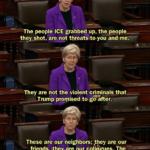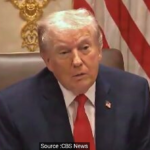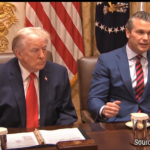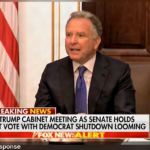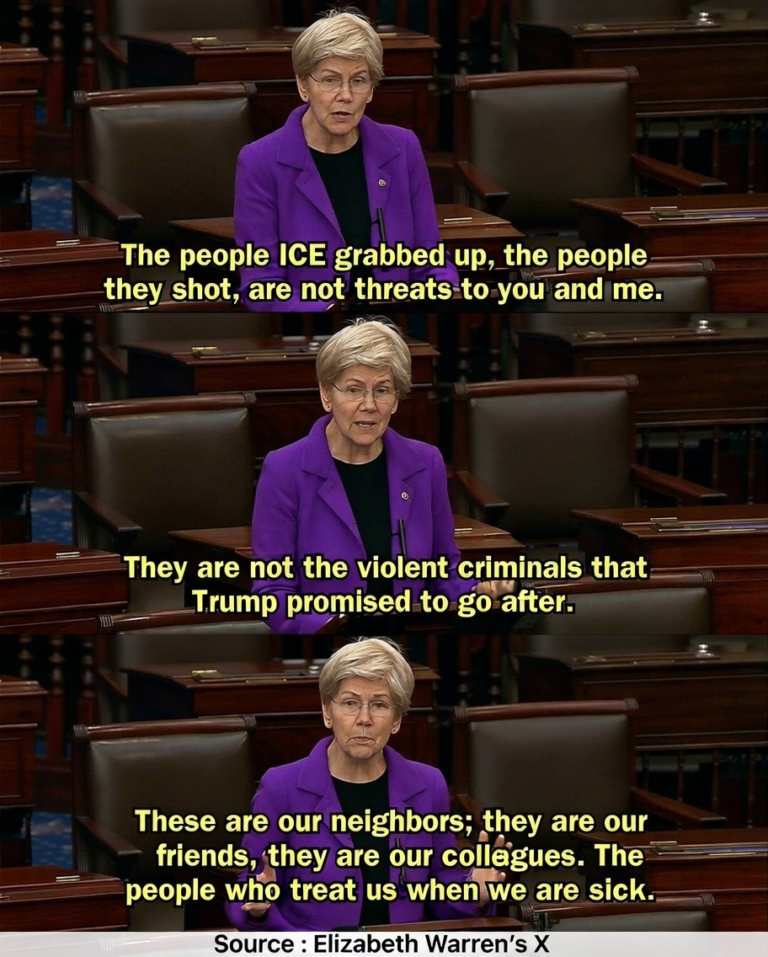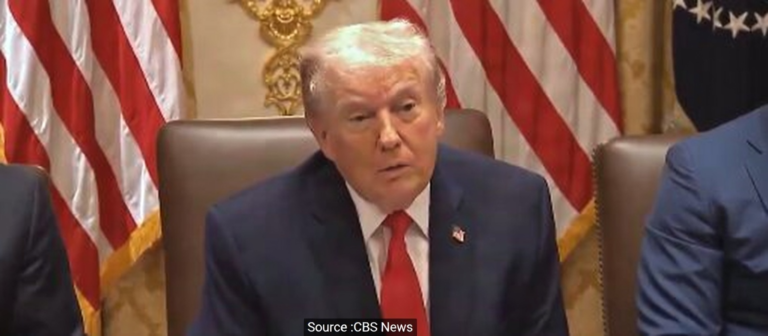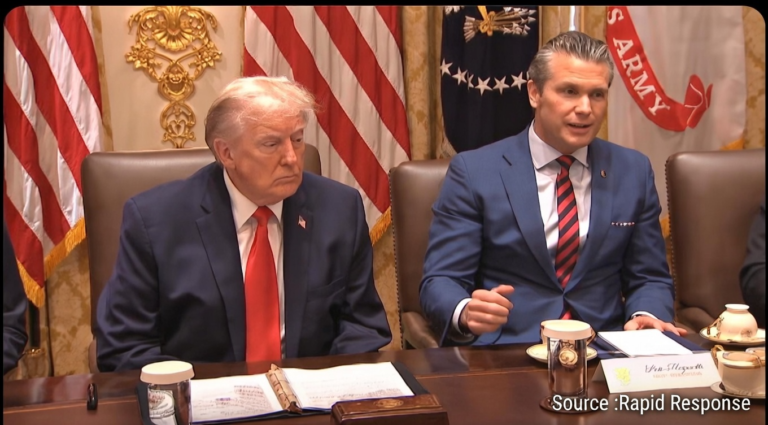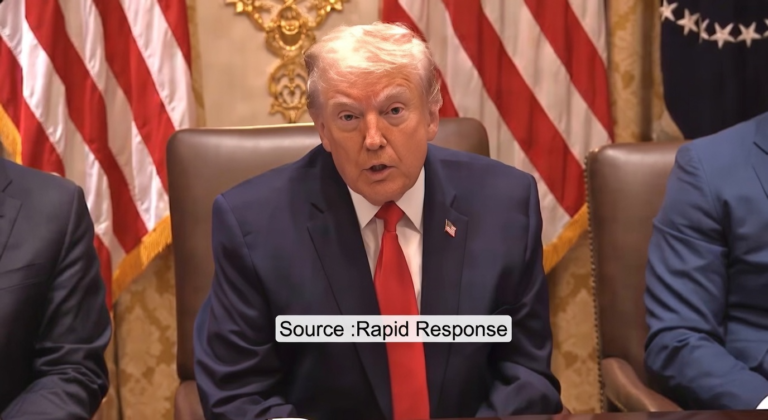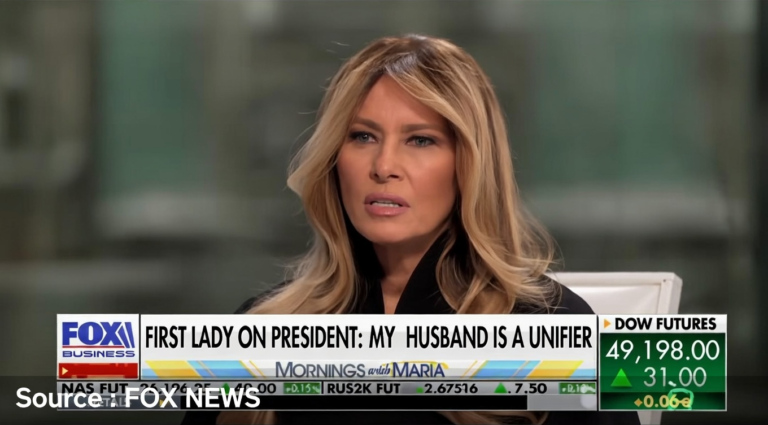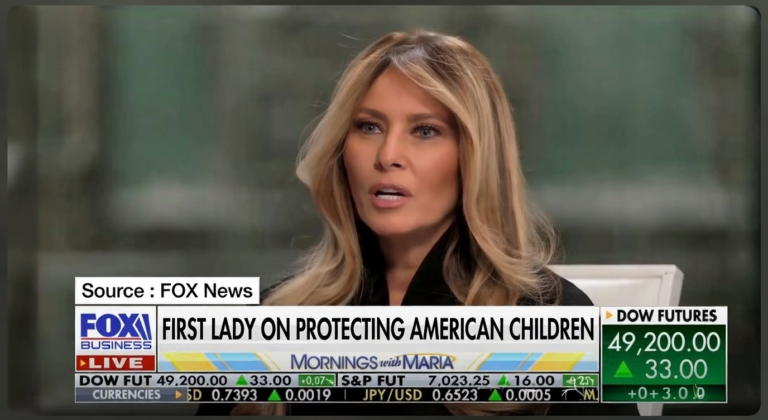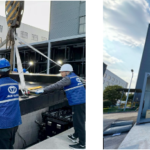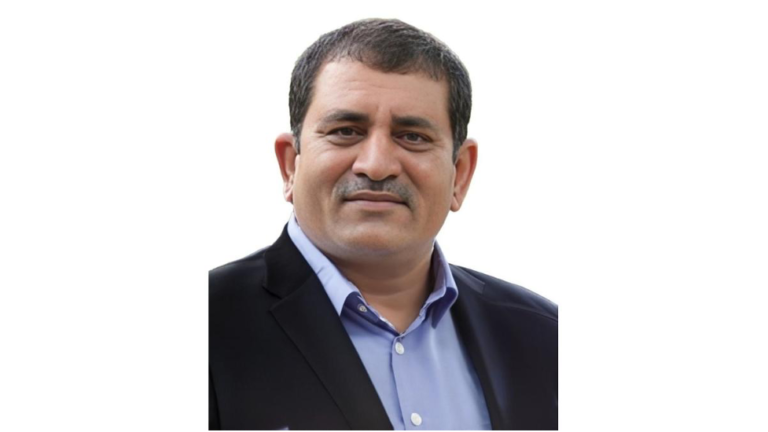

NEW YORK, Sept 24, 2025 – Italy’s government outlined a tougher stance on Israel’s actions in Gaza and the West Bank during the UN General Assembly, endorsing potential EU sanctions and hinting at Palestinian state recognition under strict conditions, as broader European momentum builds toward suspending parts of the bloc’s trade deal with Israel over aid blockades.
In a statement shared by the Palestinian delegation to the UN on X, Italian Prime Minister Giorgia Meloni emphasized Rome’s conditional openness to recognizing Palestine, telling the General Debate that it could happen “if all hostages are freed and Hamas is barred from government.” This comes after Italy joined 141 nations in voting yes on a September 12 UN resolution reaffirming the two-state solution, a move that underscores growing international pressure on Israel amid the 22-month Gaza war, which has claimed over 41,000 Palestinian lives according to health authorities.
Meloni’s remarks align with escalating EU actions: the European Commission proposed a partial suspension of the EU-Israel Association Agreement, which underpins billions in annual trade, citing Israel’s restrictions on humanitarian aid to Gaza that violate human rights clauses. The measure requires approval from a majority of the 27 member states and could freeze political dialogue and cooperation programs if adopted. Foreign Minister Antonio Tajani went further, backing sanctions against far-right Israeli ministers Itamar Ben-Gvir and Bezalel Smotrich for inciting West Bank settler violence, which has displaced thousands and drawn UN condemnation.
Italy’s pivot reflects domestic unrest, highlighted by a nationwide general strike on September 22 organized by major unions like CGIL and UIL. Protests shut down ports in Genoa and Trieste, halted rail services, and saw thousands march in Rome against Israel’s operations in Gaza, demanding an immediate ceasefire and arms embargo. “Italy cannot remain silent,” Tajani said in Brussels, echoing calls from France, Spain, Ireland, Belgium, and Luxembourg to advance EU-wide recognition of Palestine—a step now taken by nearly 160 countries globally.
The announcements cap a week of high-stakes diplomacy at the UNGA, where Palestinian President Mahmoud Abbas renewed pleas for statehood and accused Israel of “genocide,” while Israeli Prime Minister Benjamin Netanyahu defended military actions as self-defense against Hamas. EU foreign policy chief Josep Borrell warned that without progress, the trade suspension could expand to economic penalties, potentially affecting Israel’s access to the bloc’s €16 billion market.
As the assembly debates a resolution demanding an unconditional Gaza ceasefire, Italy’s signals—balancing support for Israel’s security with humanitarian imperatives—could tip the scales in Europe’s divided approach. The Palestinian UN mission’s full post, including Meloni’s excerpted remarks, is available on X.

